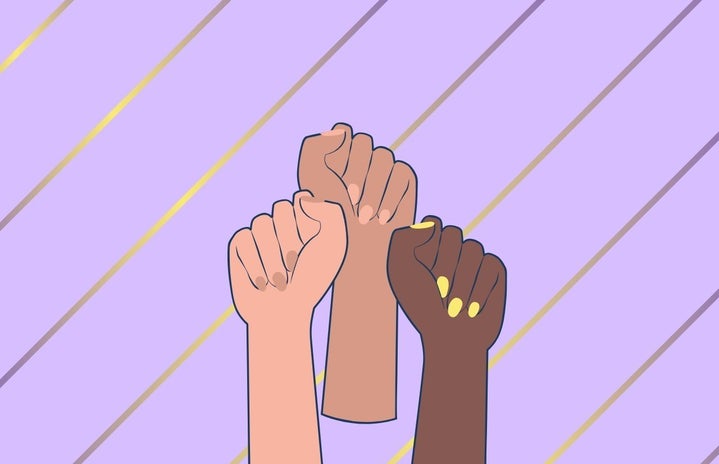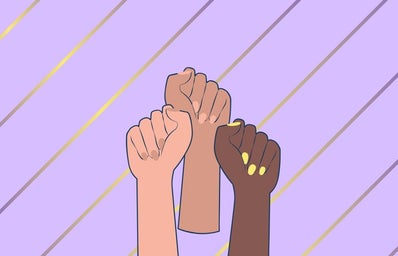TW, CW: anti-AAPI violence, white supremacy
I need to preface this article by saying that I do not identify as AAPI; thus I cannot speak on behalf of the AAPI. This article is being written because I, as a BIPOC, will not stand for the erasure of radical BIPOC activism. Similarly, I will not accept the erasure of AAPI people and their stories, heritage, and activism so that they can be deemed more palatable.
The elevation of whiteness is inherently violent. BIPOC and their lives are made consumable by the structures of white supremacy. BIPOC identities make whiteness uncomfortable, as it should; whiteness deems black and brown bodies dangerous when they challenge white supremacy and seek liberation from their oppression.
AAPI people have had their humanity denied by the Amerikan structure and fetishization of white supremacy due to settler colonialism and the exploitation of their bodies and labor. Filipino activists in the 1960s began the Delano Grape Strike but were denied validation due to the lack of acceptance of their identities and the rejection of space in Mexican activist circles. Yes, other BIPOC denied Filipino activists their ability to protest mutual labor struggles. Even BIPOC can become brainwashed to believe whiteness is the most acceptable identity and set of ideals to follow, thus subscribing to white supremacist ideals and inflicting pain onto other BIPOC. Larry Itliong is considered the “Father of the Delano Grape Strike,” as is rightfully so, but his legacy was whitewashed in an attempt to convince whiteness that Mexicanidad was more palatable to white people than Filipino identities were.
And like Filipino people living in Amerika during the twentieth century, Japanese people have also faced anti-Asian violence, which came in the form of internment camps and overall denial of their personhood. Yuri Kochiyama, a Japanese woman, was born in Amerika and devoted much of her life to communist activism. She was known for supporting Black separatism, the anti-war movement, reparations for Japanese internment victims, and having radical Maoist beliefs. Kochiyama recently came under fire for supporting so-called “controversial” BIPOC liberationist movements, but it is not up to white people to interpret how her legacy gets to be used for the liberation of BIPOC. And it is not up to liberal movements to water down her communist ideals in support of making her a “girlboss” and more palatable to white consumers.
White people do not get to dictate what deserves attention for the liberation of BIPOC, rather BIPOC get to decide what is going to be abolished; whiteness and the capitalist implementation of whiteness are the main sources of oppression BIPOC face. White people must learn to decolonize their minds and abolish BIPOC oppression. It is our job as oppressed people to understand where our suffering stems from in order to find methods of liberation, and it is the job of white people to feel uncomfortable and to listen and follow BIPOC activists, especially in light of recent, and continuing, attacks on AAPI bodies and culture.


